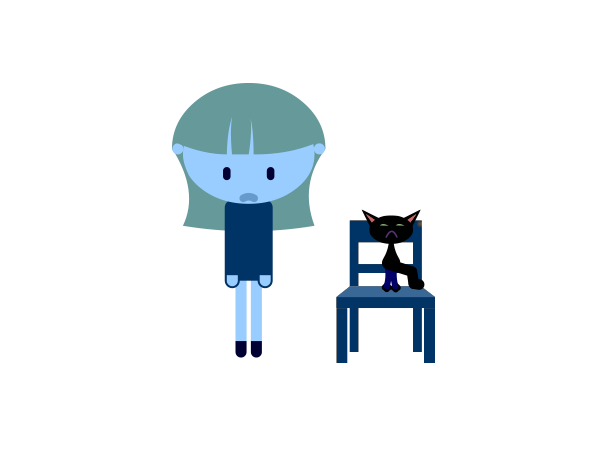
Depression
Learn more about the symptoms, causes and treatments for depression
Depression and Counselling
This article is designed to give some brief answers to frequently asked questions about depression.
What is depression?
The term ‘depression’ is very common in everyday language but nailing down a definition can be hard. There is a whole spectrum of melancholy that can range from sadness and gloom all the way to despair and hopelessness. Most people will suffer from low spirits at some time in their life, but depression is when feelings of unhappiness and dejection turn into severe despondency, self-doubt and inertia. In its most severe form, depression can be totally disabling as one tries to cope with persistent sadness or low mood and no motivation – sometimes accompanied with weepiness. There can often be a marked loss of interest or pleasure in activities, even those activities that you normally enjoy. Depression can vary greatly in severity and duration.
What causes depression?
This is a very contentious area in psychological thinking and research proves inconclusive as to whether depression is biological or social in nature. There are thought to be two types of depression:
- Endogenous depression which originates from within the brain, such as a chemical imbalance.
- Exogenous depression which is thought to have an identifiable external cause, e.g suffering a loss.
What treatments are available for depression?
The two major treatments used are antidepressant medicines or psychological (talking) treatments and sometimes these are combined. A change in diet and exercise are also usually prescribed for long term benefits.
Therapeutically speaking, it is likely that if you are feeling depressed, there is a reason of some kind, whether or not it is immediately obvious. If your car was overheating it would eventually seize up and the human condition is very similar. Counselling will help you to understand where the depression has come from and to understand yourself by exploring the meanings that you attach to things.
Depression can be misunderstood and for many who suffer from it, the stigmatisation of ‘being weak,’ can prevent talking to others or getting treatment.
How can I help myself?
In a way, this question may be a paradox, as it can be very difficult to really help yourself and deal with depression alone: when we are depressed, we already feel isolated and demotivated. Some people have negative thoughts about ‘deserving’ to feel bad and find it difficult to help themselves through talking to friends or family, as they worry that they are a burden to others with their issues or mood and so struggle on in silence. This is often the reason people come to counselling for help with depression where a non-judgemental and neutral listener can make all the difference.
If you are thinking about counselling, you can search for a member of our team who specialises in depression here.
